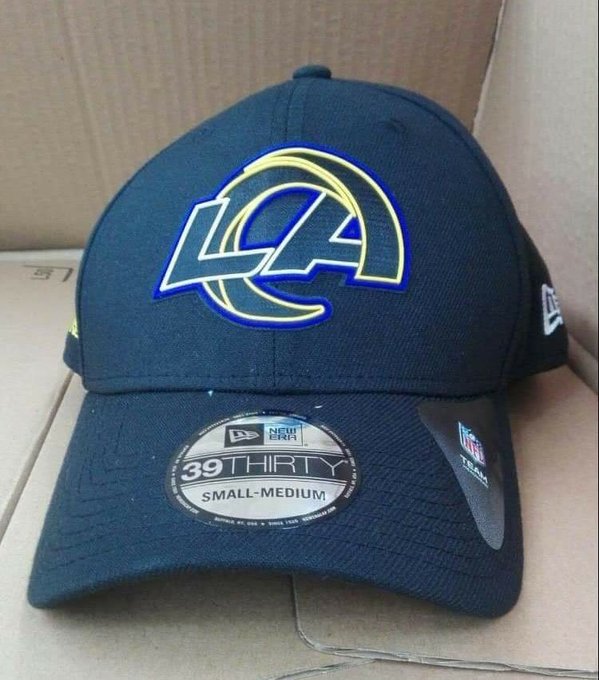The New England Patriots are consensus, odds-on favorites to keep Brady at each of the sportsbooks offering the prop. The Tennessee Titans, Las Vegas Raiders, Los Angeles Chargers and San Francisco 49ers are among the next tier of contenders on select oddsboards in New Hampshire, New Jersey and Nevada.
Limits are low, and the odds vary wildly from one book to the next and can move dramatically -- sometimes even with a single tweet.
On Sunday night, as rumors swirled that San Francisco could be a viable landing spot, a few bets began to trickle in, and online sportsbook PointsBet halted betting on the prop, before moving the 49ers' odds of acquiring Brady from 80-1 to 14-1 and reopening the wager.
The SuperBook in Las Vegas also received recent interest on the 49ers and shortened their odds from a 100-1 to 12-1.
The volatility of the Brady betting market requires constant monitoring of social media, which is part of the reason that, until now, Nevada sportsbooks have not offered such player destination prop bets. Fears of inside information also concerned bookmakers and regulators, but, as the U.S. sports betting market continues to expand, competition is increasing, and bookmakers are becoming more aggressive with the offerings. In New Jersey, FanDuel also is offering next team odds on quarterbacks like Nick Foles and Teddy Bridgewater.
"I know the first four bets were on the Titans after we put it up [on Feb. 25] ," Nick Bogdanovich, director of trading for William Hill U.S., told ESPN. "No one wants to the bet the Patriots."
The Kansas City Chiefs, who seem set at quarterback with Patrick Mahomes, are 10,000-1 to land Brady at the SuperBook. No bets had been placed on the Chiefs as of Thursday morning.
NFL seeks U.S. Supreme Court review of case aimed at Sunday Ticket
In a world of regional sports networks, satellite television providers and a multitude of streaming platforms, should that be legal? Or would fans be better served if each team, rather than the NFL, decided how to make live telecasts of its games available to the public?
These are among the questions arising from a long-running class-action case that lawyers for the NFL and DirecTV have asked the U.S. Supreme Court to review. A decision on whether the high court will take up the case is expected as early as this week.
The case does not affect NFL games broadcast on networks that are available over the air -- including Fox, NBC and CBS -- which enjoy a federal antitrust exemption. But it threatens to upend the Sunday Ticket model, and it could also have implications for other NFL games aired exclusively on pay satellite or cable television networks such as ESPN and the NFL Network.
The lawyers who brought the initial case alleged that Sunday Ticket violates federal antitrust provisions because it prevents NFL teams from competing against one another for television viewers of out-of-market games. Under the existing broadcast model, the NFL owns the rights to the games of its 32 teams. The league allows games to be aired in home teams' local markets, while scheduling a limited slate of "free" national broadcasts. The result is that on football Sunday afternoons, no more than three NFL games are aired on broadcast television in a particular market. If fans want to watch a live broadcast of a Sunday afternoon game not being aired locally, they have to watch it on Sunday Ticket.
Inoltre, dato che le partite che vanno in free-to-air (cioè tutte ad eccezione del Monday Night e di alcuni Thursday Night e Thursday Night Special Edition) godono dell'esenzione da parte dell'antitrust, l'obiezione finale dell'ultimo capoverso che ho copiato risulta inconsistente.



